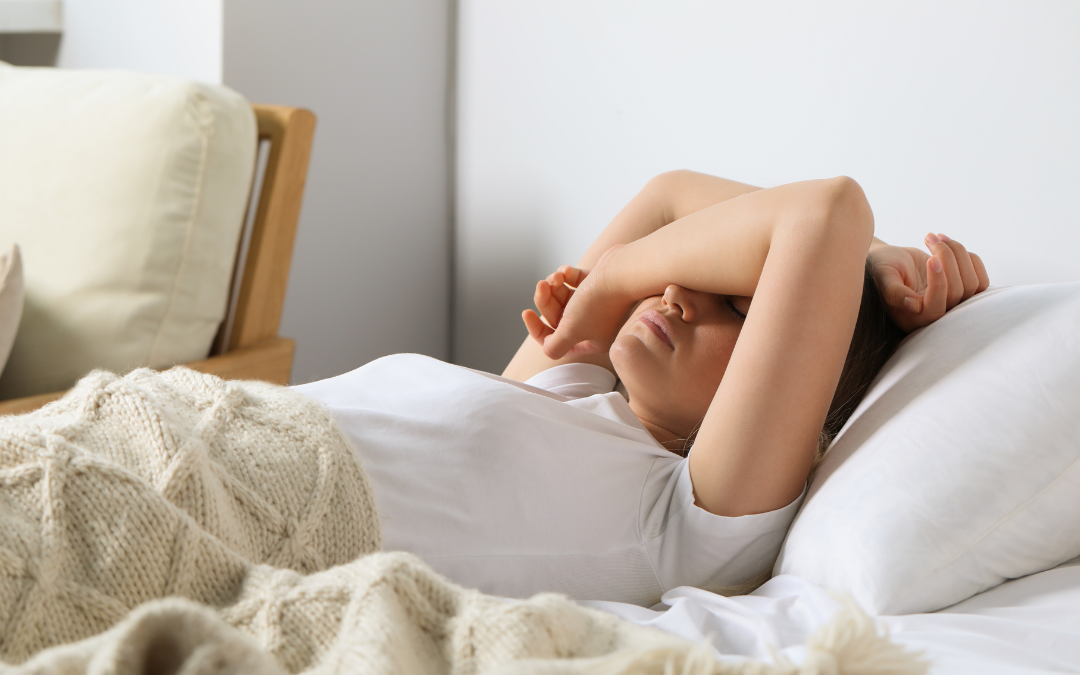Have you ever tried to get through a day after a bad night’s sleep? You might bump into doors, forget where you left your keys, or even yawn your way through an important meeting. It’s not just your imagination—losing sleep really can turn your day upside down! It can actually mess with your body in all sorts of ways.
So, what exactly happens to your body when you don’t get enough shut-eye? Let’s dive in and find out!
The Science Behind Sleep
Sleep is the superhero for your body and mind. Its main job? To give you the rest, you need to recharge and feel your best every day. While you sleep, your body gets busy repairing tissues, boosting your immune system, and even helping your brain store important memories.
So, when you wake up feeling refreshed and ready to take on the day, you can thank sleep for doing its magic behind the scenes.
Okay, so you know sleep is essential, but how much do you really need? Well, it varies depending on age, but generally, adults should aim for around 7-9 hours of sleep each night.
Effects of Sleep Deprivation on Hormonal Health
Reduced Testosterone Levels
Have you ever heard of testosterone? It’s a hormone that plays a big role in things like sex drive, building muscles, and even your mood. But did you know that not getting enough sleep can mess with your testosterone levels, especially in men? That’s right! When you don’t sleep enough, your body doesn’t produce as much testosterone as it should.
Over time, this can lead to noticeable changes, such as feeling more tired, having less strength, and a lower interest in activities that used to be enjoyable.
Solution
If you’re noticing major decreases in testosterone due to not sleeping well, you might think about testosterone replacement therapy (TRT). It boosts your body’s testosterone through gels, patches, or injections when your levels are low.
Remember, it’s a good idea to speak with a doctor. They can explain more about TRT and how it might help your hormonal health. If you’re interested in learning more about this therapy, you can find additional information at https://peakperformax.com/loc/florida. Also, you can explore the option of telemedicine for TRT. This could be a convenient way to manage treatment from home.
Reduction in Insulin Sensitivity
When you don’t sleep enough, it can affect how your body handles insulin. Insulin is a hormone that helps control our blood sugar levels. Without enough sleep, your body doesn’t use insulin as well as it should. This is called insulin sensitivity. If our body isn’t sensitive to insulin, our blood sugar levels can go up. Over time, this can increase our risk of getting type 2 diabetes.
Solution
To help your body use insulin better, you can make some changes to your daily habits. First, eating a balanced diet is important. Foods that are good for maintaining healthy blood sugar levels include fruits, vegetables, whole grains, and lean proteins. It’s also wise to cut down on sugary snacks and drinks.
Exploring different approaches to improving insulin sensitivity can be beneficial, and the Amiclear Reviews offer a comprehensive look at one such effective solution.
Regular exercise is another great way to improve insulin sensitivity. Activities like walking, biking, or playing sports can help a lot. Even a quick 10-minute walk after meals can make a difference.
And don’t forget that improving your sleep quality can have a big impact. Simple steps like turning off screens an hour before bed can help.
Impact on Cortisol Levels
When you don’t get enough sleep, your body can get stressed. This stress leads to an increase in a hormone called cortisol. Cortisol is often called the “stress hormone” because it helps your body respond to stressful situations. However, when cortisol levels are too high for too long, it can throw off the balance of other hormones in your body.
Sleep is one of the most important forms of maintenance for your body. Without enough sleep, your body starts to stress out and produces more cortisol. This extra cortisol can make it harder for you to fall asleep and wake up feeling rested, creating a frustrating cycle of sleeplessness and stress.
Solution
To help manage cortisol levels, try these simple steps:
- Relaxation Techniques – Activities like deep breathing, meditation, or even reading a book can help calm your mind and body.
- Regular Sleep Schedule – Going to bed and waking up at the same time every day can train your body to expect sleep at certain times, helping you fall asleep faster and sleep more deeply.
Conclusion
Getting enough sleep is more important than you might think. It doesn’t just stop you from feeling tired; it actually helps your whole body stay healthy. So, try to make sleep a priority. Set up a bedtime routine that helps you relax, and stick to it every night. Your body will thank you for it by feeling better and working better.









